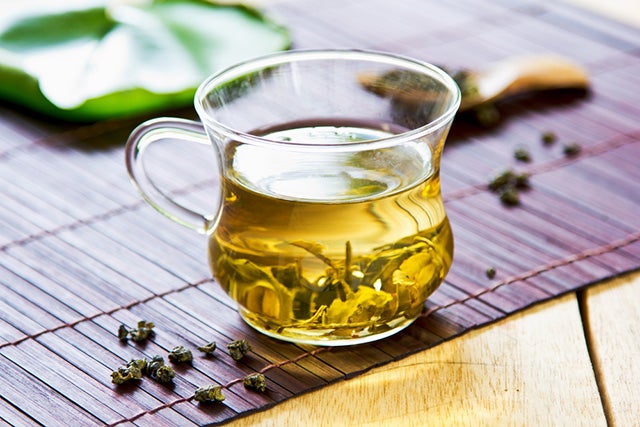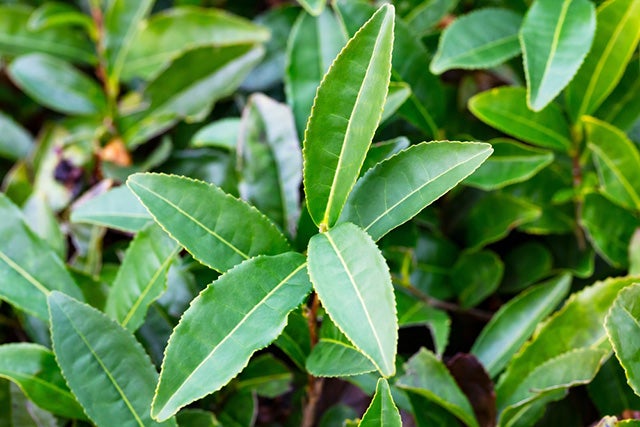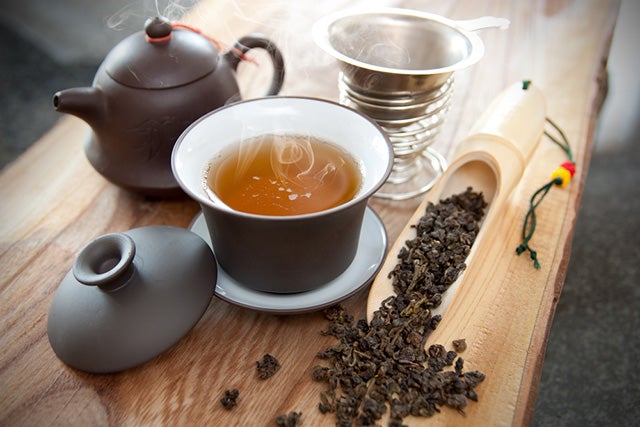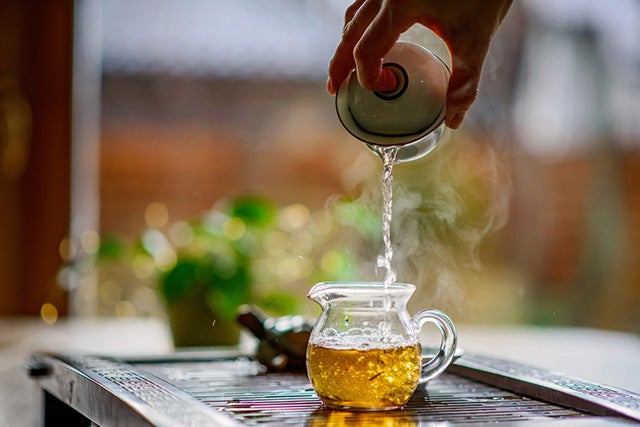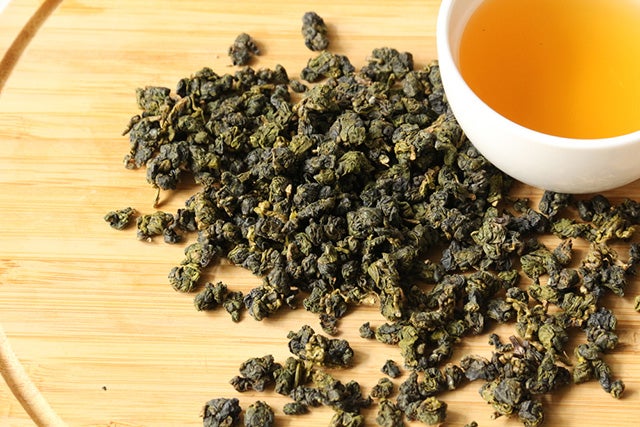Have you heard about oolong tea but aren’t sure what it’s good for? It turns out that oolong tea comes with many health benefits that you should at least hear about. We’ll go over all the benefits of oolong tea, then you can see if it’s something you want to try.
What Is Oolong Tea?
Oolong is a tea that has only been partially oxidized, and it is primarily produced in the provinces of Guangdong and Fujian in China, as well as in Taiwan.
The degree to which it is oxidized during manufacture determines how closely it resembles either green or black tea in terms of appearance and properties. It is considered a hybrid of the two. The oxidation of green oolongs ranges from 30 to 50 percent, while that of dark oolongs is between 60 to 70 percent.
The leaves of the Camellia sinensis plant are used to make a variety of oolong teas, including green and dark varieties.
Harvesting of green oolongs often takes place at higher elevations from April through September, but the harvesting of dark oolongs typically begins in late spring and involves selecting leaves with a greater degree of maturity.
You might want to be interested: Best Bedtime Tea
How Do You Make Oolong Tea?
If you want to brew oolong tea to perfection, you’re going to need the following:
- Kettle
- Timer
- Filter/strainer
- Teapot
- Thermometer
- Measuring spoon
- 6 ounces of water
- 1 or 2 tbsp of oolong tea
Put the water in a tea kettle and bring the temperature up to between 180 and 200 degrees Fahrenheit. Another option is to first bring the water to a boil, and then allow it to sit out of the heat until it reaches the desired temperature.
If you do not own a thermometer with which to precisely measure the temperature, you should first bring the water to a boil and then allow it to sit for two minutes.
Place the saucepan or cup on the stove and add a few drops of hot water to it. When the bowl or cup has reached a comfortable temperature, pour off the water.
You should use anywhere from one teaspoon to four tablespoons of oolong tea. If the tea is rolled into balls, use a smaller amount. Use more if the leaves are large and open.
Put the tea leaves in the pot and pour the water on top of them. Place the lid on top of the teapot.
The amount of time needed to steep the tea can range anywhere from one to five minutes, depending on the specific variety used and the individual’s taste. In general, the infusion time for leaf-style tea is less than that of rolled-style tea.
Grab your phone timer and set it to one minute. First, taste the tea after one minute and then continue to do so every thirty seconds after that until it reaches the desired flavor.
Remove the leaves with a strainer when the tea tastes as you want it to.
Benefits of Oolong Tea
Everyone knows that tea is good and you can get different benefits depending on which tea you consume. Oolong has low levels of caffeine, making it a great bedtime tea. Below are some of the perks you can expect when adding oolong tea to your diet.
• Bone and Tooth Strength
Oolong tea contains a variety of antioxidants, some of which may assist in maintaining healthy teeth and bones.
According to the findings of one study, those who drank oolong tea regularly for ten years had an overall bone mineral density that was two percent higher. There is consistent evidence across several reviews that tea has a beneficial effect on bone mineral density.
A lower probability of breaking bones is associated with increased bone mineral density. However, no research has been done to establish a causal relationship between drinking oolong tea and getting fractures.
Finally, studies have shown a connection between drinking tea and better dental health, including a reduction in gingivitis and plaque, equating to healthier teeth.
• Heart Health
Consuming tea antioxidants consistently may also benefit one’s heart health. It is important to keep in mind that oolong tea includes caffeine, which has been shown in certain studies to cause a modest elevation in blood pressure (also known as hypertension).
However, the results of studies that looked at a link between coffee consumption and blood pressure have been inconsistent, which means that additional research is required before any definitive conclusions can be drawn about the topic.
• Diabetes
It has been demonstrated that drinking tea can help guard against diabetes and the complications that might arise from the disease. This may be accomplished, among other possible pathways, by lowering insulin resistance and inflammation.
Research into the specific effects of oolong tea has not been conducted to the same extent as research into green or black tea. Having said that, there is one older, more limited study that speaks to the possibility of the efficacy of oolong tea in decreasing plasma glucose in patients with type 2 diabetes.
But not every study came to the same conclusion regarding oolong tea’s ability to prevent or alleviate the symptoms of type 2 diabetes. One such study, which was conducted in 2011 and involved approximately 5,000 Japanese men, concluded that drinking tea may be a predictor of the development of the disease.
• Skin Health
Eczema is frequently seen in people who also suffer from allergies. Oolong tea can reduce the severity of allergic reactions due to its antioxidant capacity, which enables it to fight free radicals and so promotes healing.
In addition, the anti-aging properties of oolong tea are a direct result of the antioxidants it contains. Oolong tea has been shown to significantly retard the aging process, making it an excellent choice for use in anti-aging regimens.
• Immune System
Oolong tea, which is famous for its ability to fight cancer, also helps the body’s immune system stay strong and healthy. The antioxidant flavonoids that are included in the tea help to prevent harm to cells.
People who drink oolong tea have a substantially higher synthesis of anti-bacterial proteins, which indicates a powerful immune response while combating infection.
You might want to read this: 12-Step Ritual to a Better Sleep
Final Words
Because oolong tea has some caffeine in it, it is essential to drink it in moderation if you want to avoid its negative effects. You might start with oolong tea by slowly adding it to your diet. You will discover the benefits in no time.
Photo credit: AnnaNel/Shutterstock; Vinne/Shutterstock;
vanillaechoes/Shutterstock; TashaSinchuk/Shutterstock;
BranLin/Shutterstock
